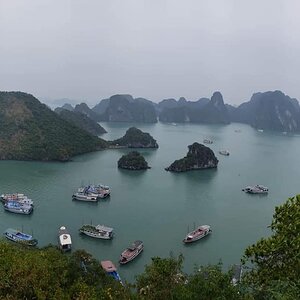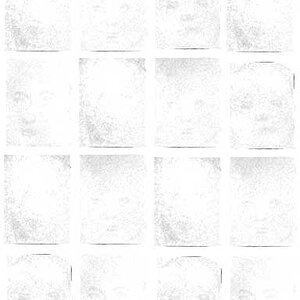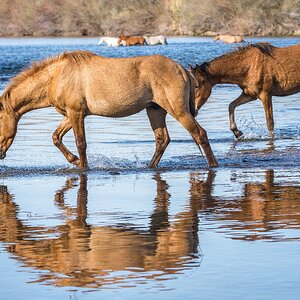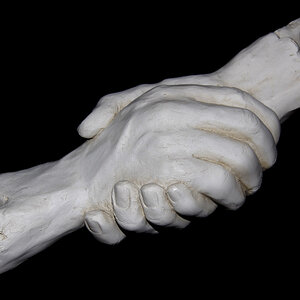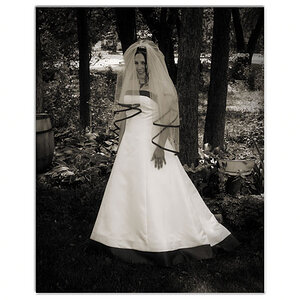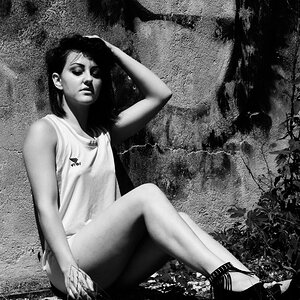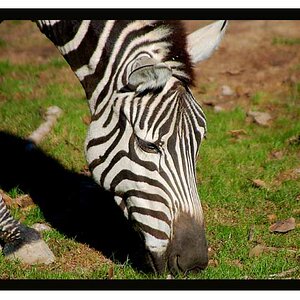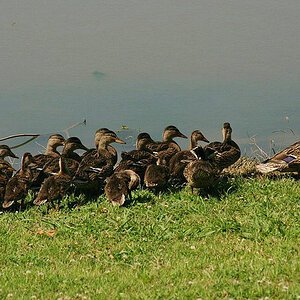lordfly
TPF Noob!
- Joined
- Feb 1, 2010
- Messages
- 114
- Reaction score
- 0
- Location
- Monroe, Michigan
- Website
- www.flickr.com
- Can others edit my Photos
- Photos OK to edit
dude.. get basic understanding first with Aperture, Shutter Speed, and ISO.. then you can start talking about equipment.
Lordfly said:I'm terrified that people spend so much money on stuff when they don't know the basics... it's like buying a ferrari before you get your driver's license. I spent my first three months of owning my DSLR just reading books on photography. Ah, well, snowstorms will do that to you.
@Schwettylens,Lordfly
Hey, Look! I came here for advice & Help not Criticism and Mocking. I have mentioned about 20 - 30 Times in this thread that I am new Completely new to Digital and have been doing film for a while. You 2 were once New to Digital Photography am I right? Than Lay-off.
Look. I'm still new to photography too. I also don't have 5k to blow on equipment to finance a hobby, especially when I'm new to it. Would you drop 20k on painting supplies before you laid down a few months worth of pencil sketches and learning form? Would you pay a ton of money for a nice Stratocaster or whatever before you even know what chords are?
You can have the fanciest camera in the world, it doesn't mean anything if you don't know how to use it. Likewise, an expert in photography can take stunning shots with a throwaway disposable camera.
The reason your night photography is suffering is because your f-stop is way too high. Crank your aperture wide open and let the light in. Turn your ISO up.








